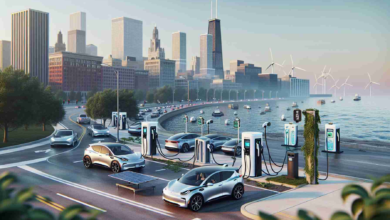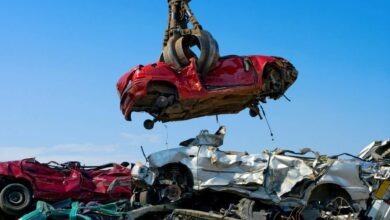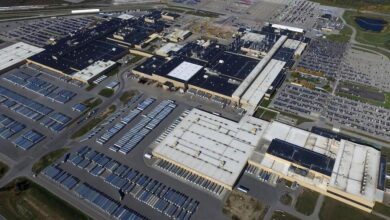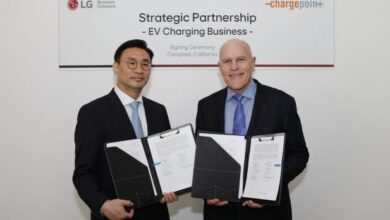Warning over hidden electric car issue harming Aussies: ‘Useless as an investment’
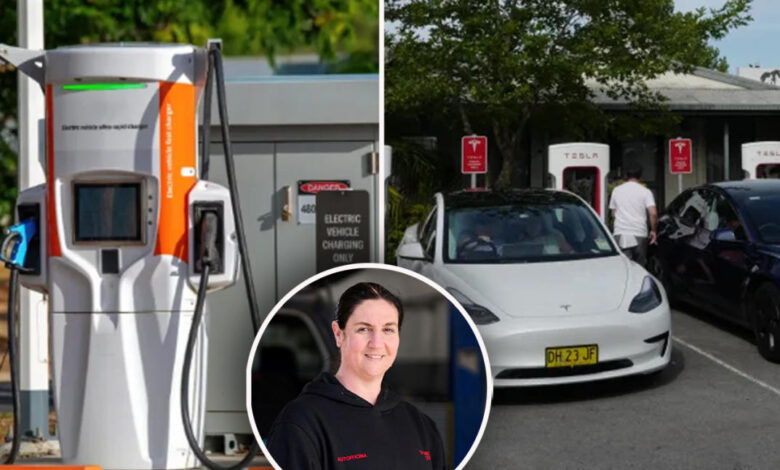
Electric cars might be “the way of the future”, but more education is needed within the automotive industry and among the public before the rollout expands any further, an Aussie mechanic has warned.
Running the risk of “going too fast, too soon” means we could soon face “driving small mechanics out of business”, Raffy Sgroi, the reigning Australian Women’s Small Business Champion, told Yahoo News Australia.
Sgroi is heavily involved in industry groups who are considering the transition to EVs and has been running her business Car Mechanical Services at Fisher in the ACT for almost two decades. While she firmly supports the electric vehicle movement, there’s not enough awareness around what owning one means in the long-term, for both mechanics and drivers, she says.
The automotive industry in general has “always been a struggle for small business owners”, Sgroi said, but now due to a lack of enthusiasm among new mechanics when it comes to EVs, “there’s just not enough knowledgeable people” out there to service them. Factoring in the costs of buying speciality parts and the steep fees associated with staff training, Sgroi’s concerned for the future of her business.
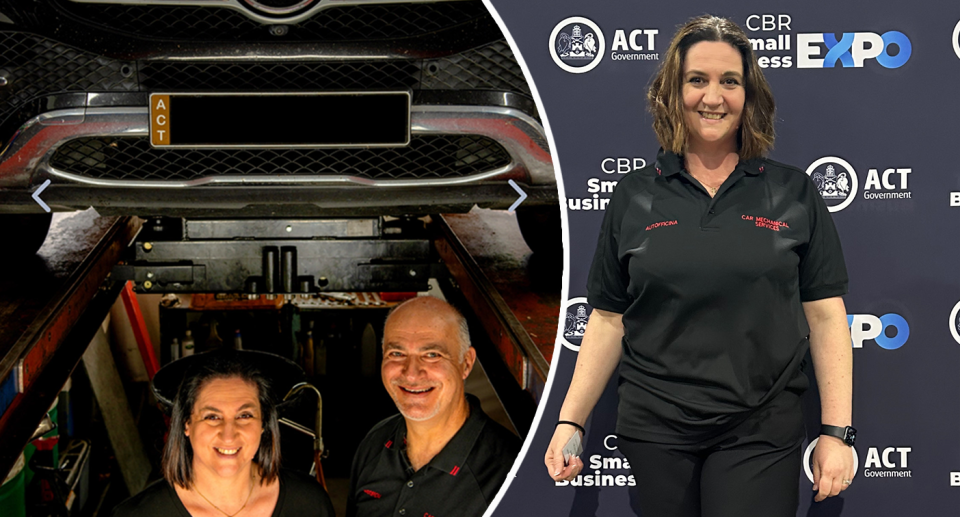
EVs here to stay, but Aussies need to know the risks
“The federal government has invested a lot of money in EV technology, building new modules and training courses,” she said. “But you don’t have anyone one that delivers those courses [to young mechanics] that is knowledgeable enough.
“So you can have a really state-of-the-art facility, but if you don’t have people waiting to learn, it’s going to be useless as an investment. The other problem that our industry has been facing for a long time is that one in four mechanics in Australia are actually only trade assistants,” she said.
“For them to convert their qualification and become skilled EV specialists, they need to have a Certificate III in automotive vehicles… and for small businesses, to get people into this training, it’s a lot of money.”
With so much specialised equipment and personnel needed, coupled with the high risks associated with servicing EVs with high-voltage electric systems, Sgroi questioned whether it’s fair for small repairers to be forced to fully self-funded. Without access to manufacturer-specific diagnostic tools and software, small business mechanics can’t safely and effectively fix EV service issues, she added.
Sgroi warned that it’s extremely important anybody working on electric cars is meticulously trained, as they’re “not always safe” to repair. “We’re talking about working with a huge battery here, my staff — and I’ve got five guys — they’re genuinely concerned,” she said. “You’ve got 400 kilowatts of battery running, they can fry you. If you do the wrong thing — you’re gone.”
Equipment and training costs a threat to small mechanics
And she’s not just concerned for the safety of mechanics and drivers, “this also extends to tow truck drivers and virtually anybody” that has to do with the vehicle.
“I don’t think the public actually has enough knowledge about them,” she said. “It’s not just about driving around, they need to know what happens if have they have even a minor collision. There are still people driving those cars around after a crash without doing any safety checks.”
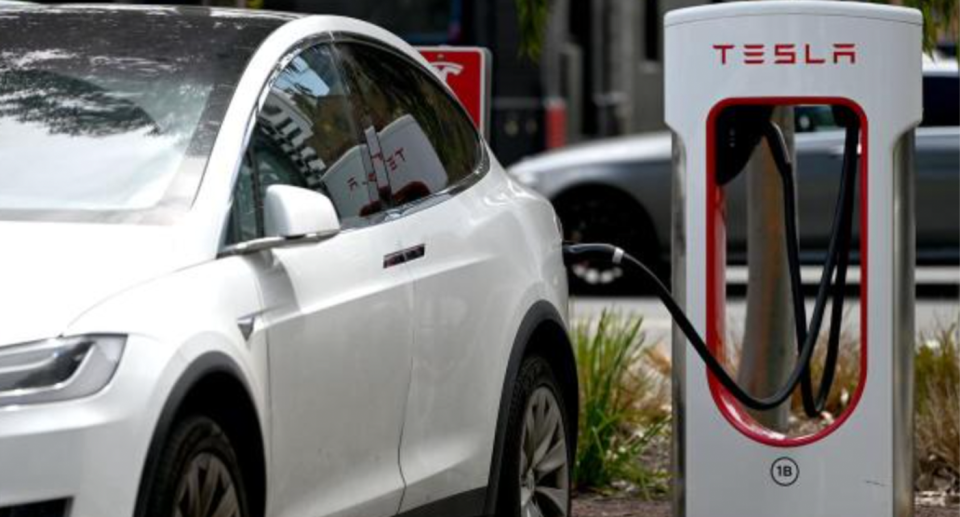

The Canberra woman is now calling on governments to provide clearer communication, more guidance and adequate funding to small businesses, like hers, which are facing mounting costs in a bid to prepare themselves for future electric vehicle expansion.
Unlike traditional engine vehicles, Sgroi said, there is limited — if any — aftermarket support available for EV components and parts, meaning that smaller mechanics may struggle to source parts, which would subsequently increase repair times and costs to consumers, further hindering business.
More education and resources needed for Australia’s future
“First what we need to address all of this is more awareness, more resources and more training,” she said.
“When it comes to EVs, it’s not just about going and buying the vehicle, because you can even do that online now. I had people coming past the shop saying ‘we picked up a Tesla, but there was no handover’ — that’s dangerous.
“The person picked it up and no one actually handed it over, even telling them how to plug it in to recharge. When you’re talking about EVs, you have a massive battery on it. You need to be able to know what your safety risks are around that.”
However, Sgroi rebuked claims from electric vehicle “deniers”, who “spread out a lot of lies and rumours” about how “they’re all dangerous”. “They say EVs are bad, they can explode. No that’s not going to necessarily happen. But you need to know what the risks involved are and be safe”.
Do you have a story tip? Email: newsroomau@yahoonews.com.
You can also follow us on Facebook, Instagram, TikTok, Twitter and YouTube.

